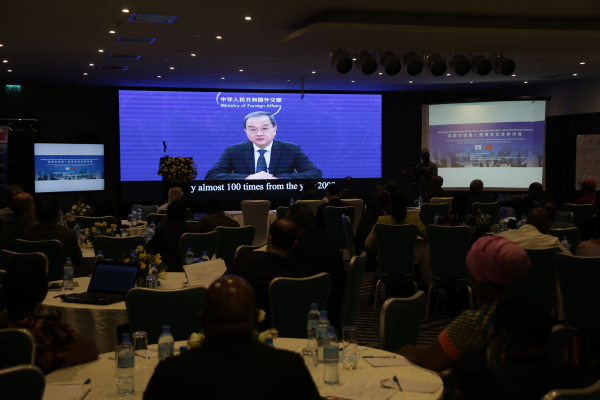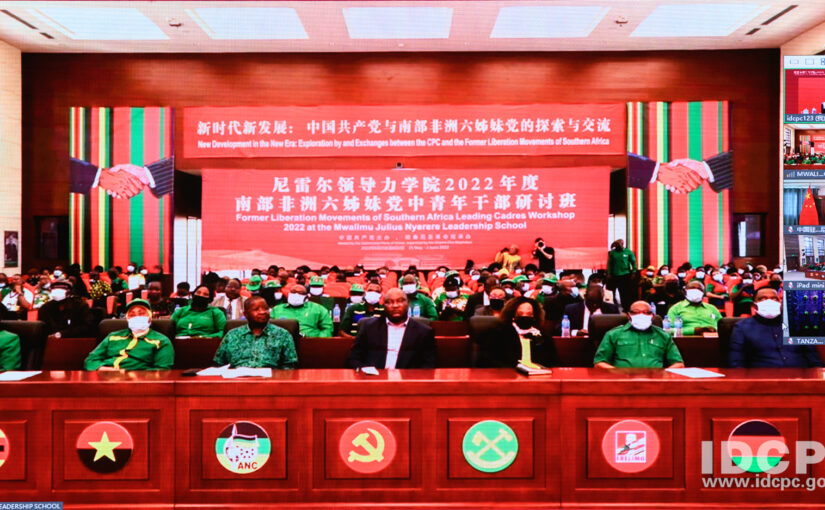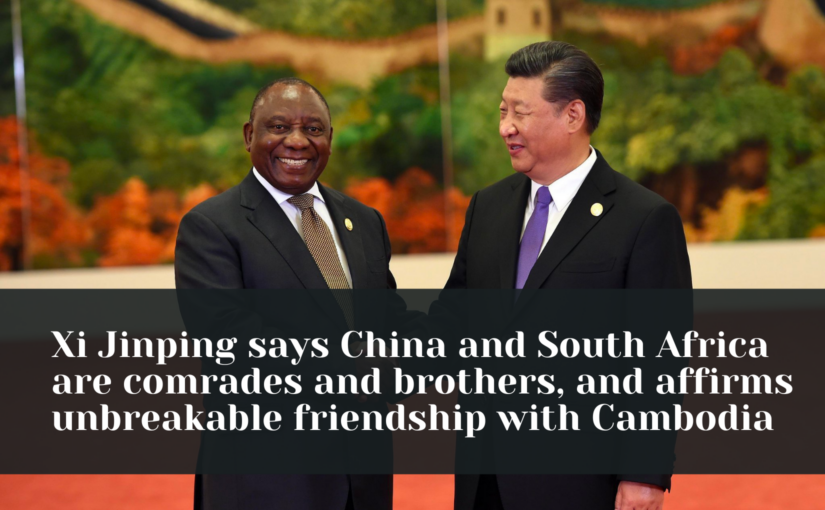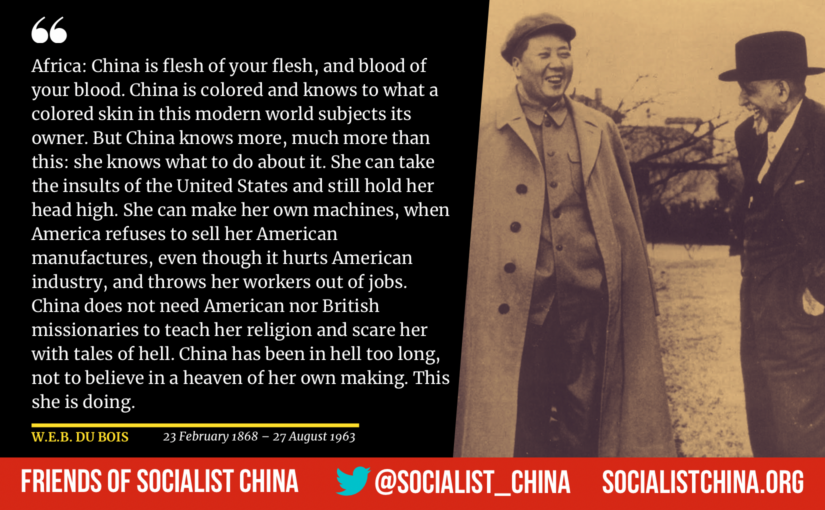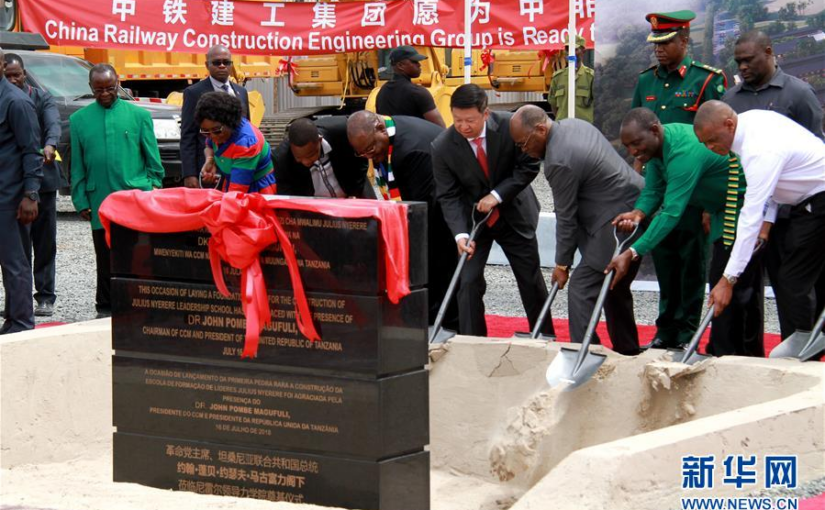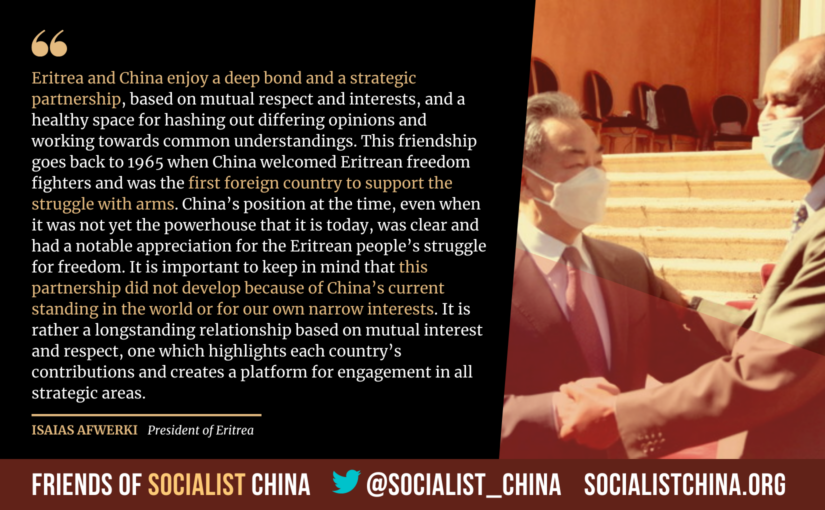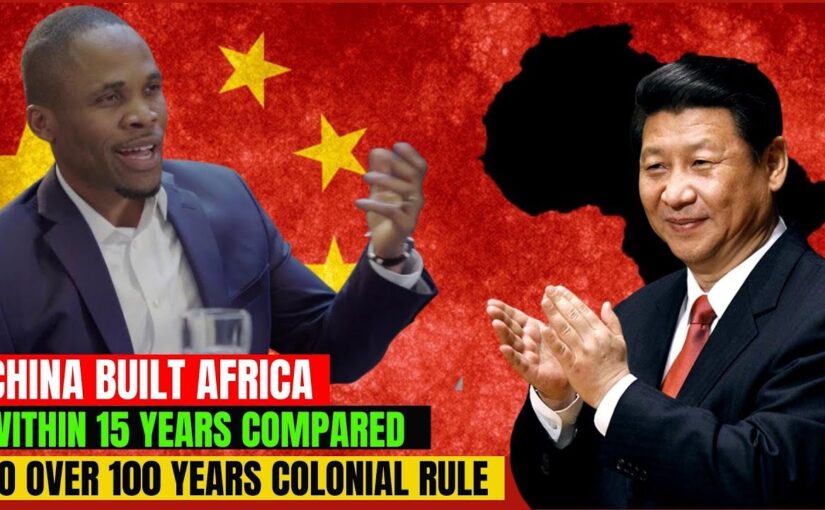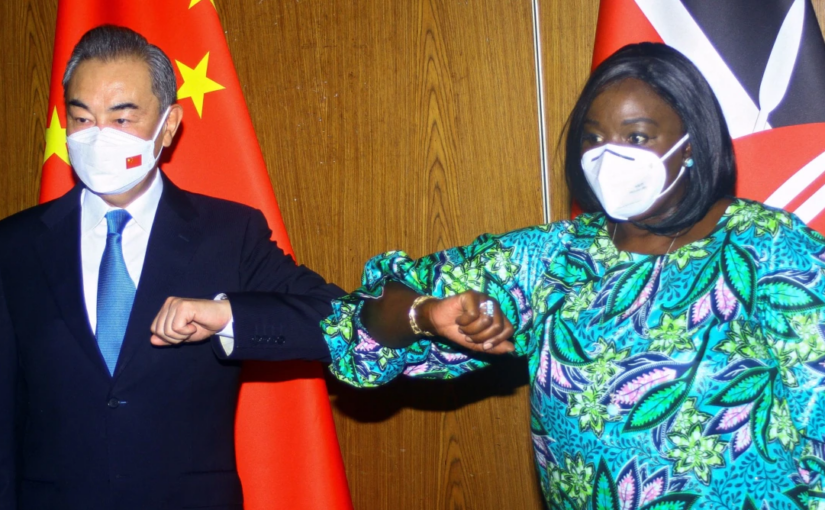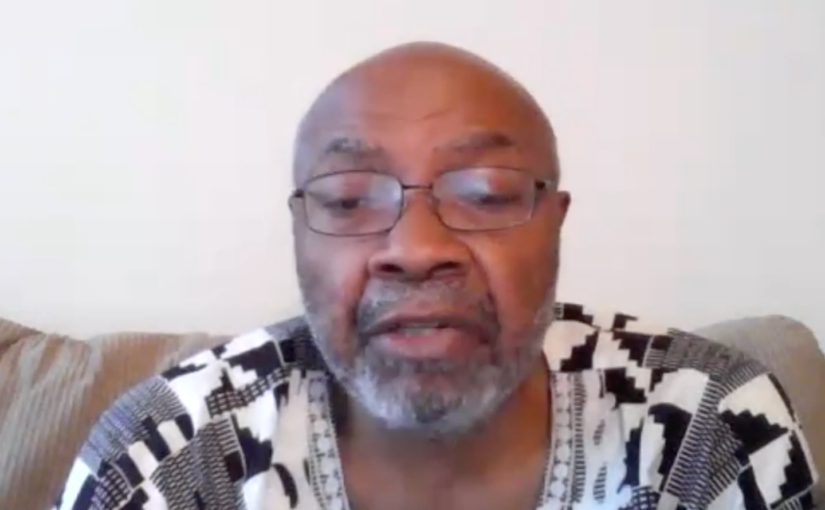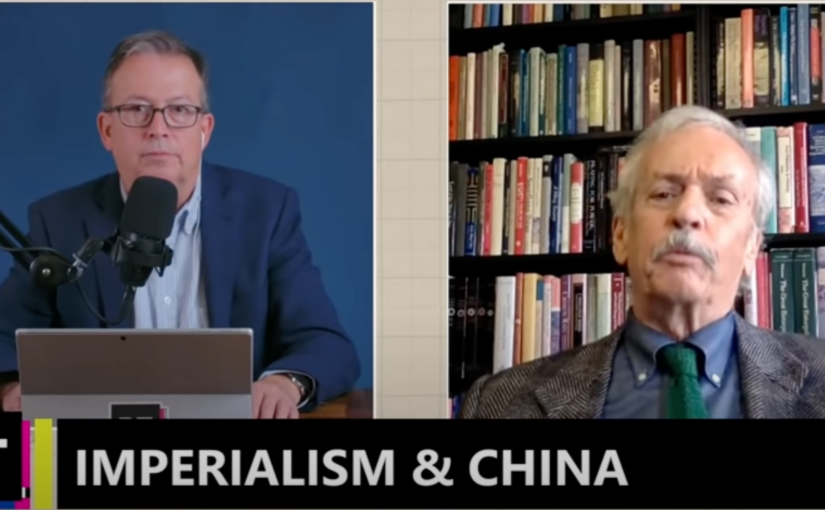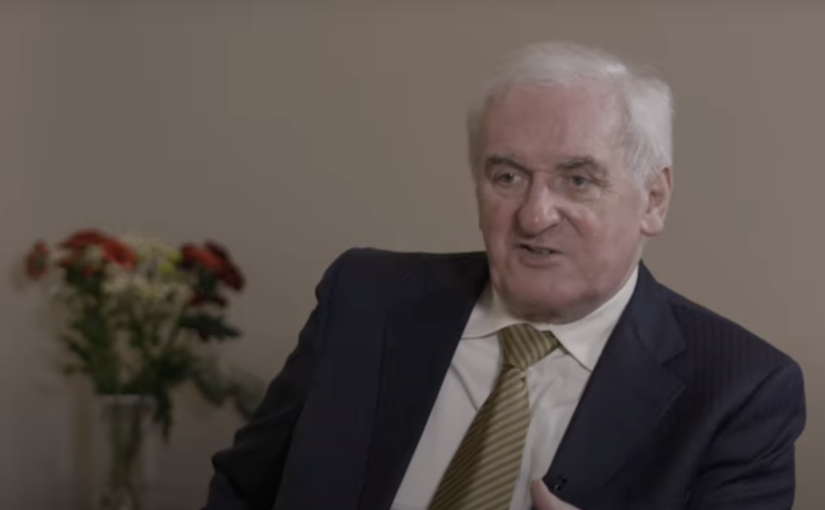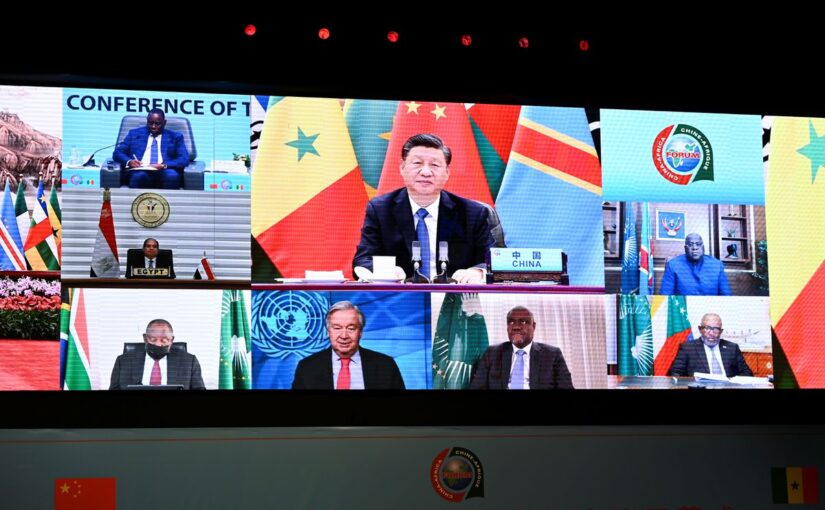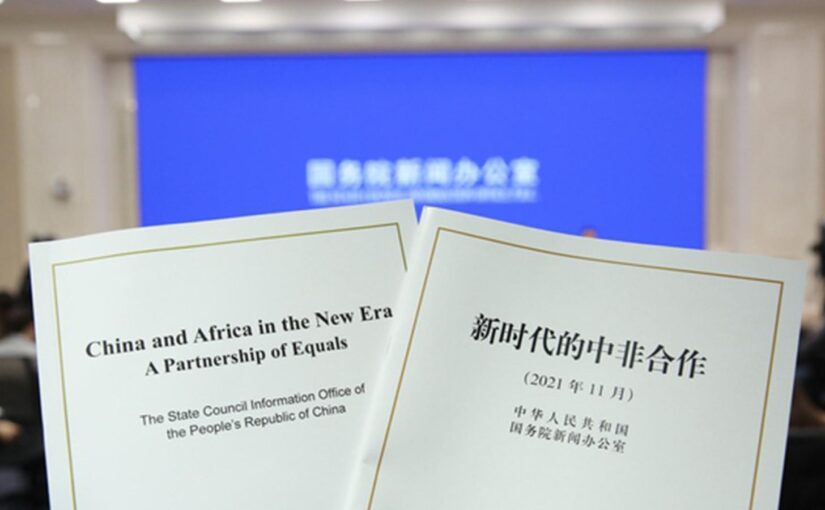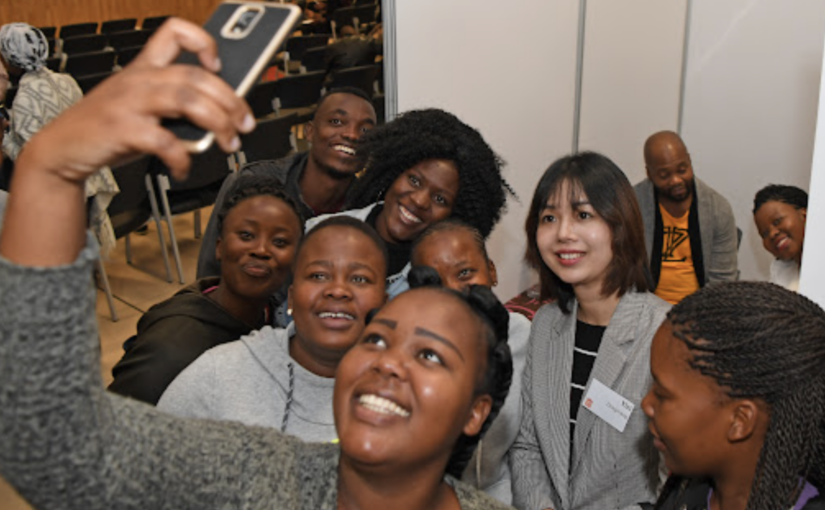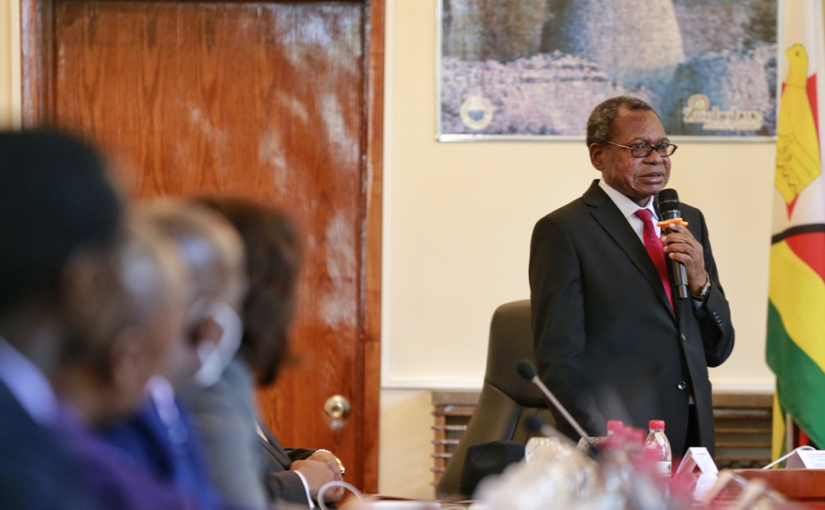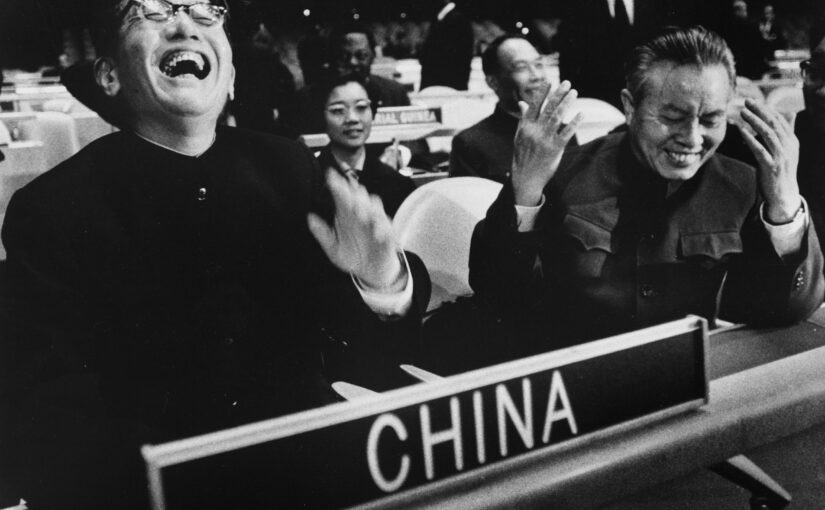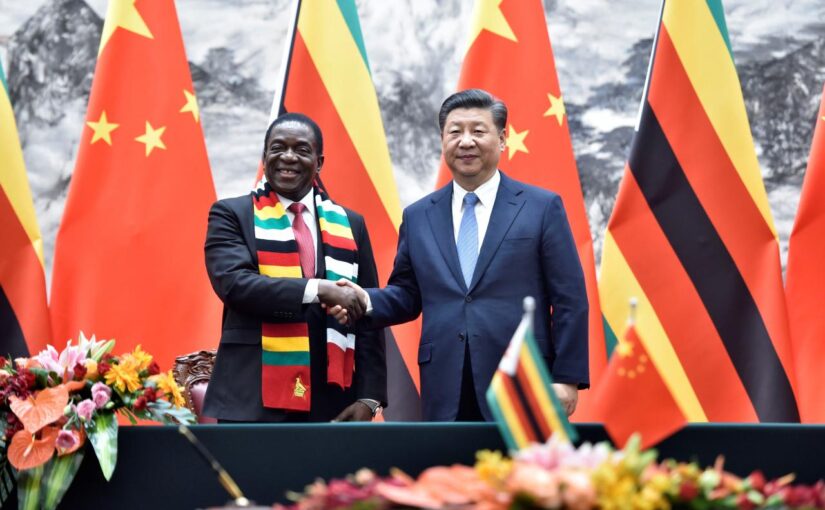The “unique” relationship between China and Tanzania was highlighted by two important events last month.
On May 17th, Vice Foreign Minister Deng Li attended a symposium commemorating the centenary of the birth of Tanzania’s founding president Julius Nyerere via video link. The symposium was jointly hosted by the Mwalimu Nyerere Foundation (MNF) and the Chinese Embassy in Tanzania.
Deng Li spoke highly of President Nyerere’s important historical role in the realisation of national independence, state construction and seeking strength through unity in Tanzania and Southern Africa. He stressed that the elder generation of Chinese leaders established a profound revolutionary friendship with President Nyerere, which jointly laid a solid foundation for China-Africa friendship.
The President of Zanzibar Hussein Ali Mwinyi and Executive Director of the MNF Joseph W. Butiku also spoke.
Meanwhile, Chinese State Councillor and Defence Minister Wei Fenghe held video talks with Tanzanian Defence and National Service Minister Stergomena Lawrence Tax on May 31st. Wei said that the two countries were, “devoted brothers, trustworthy friends and sincere partners”, while Tax noted that the relationship between Tanzania and China is unique and that Tanzania cherishes the profound friendship between the two peoples and the two militaries.
The following reports were originally carried on the websites of the Chinese Foreign and Defence Ministries.
Vice Foreign Minister Deng Li Attends Symposium Commemorating the Centenary of the Birth of Tanzania’s Founding President Julius Nyerere
On May 17, 2022, Vice Foreign Minister Deng Li attended the Symposium Commemorating the Centenary of the Birth of Tanzania’s Founding President Julius Nyerere via video link.
Deng Li extended congratulations on the smooth holding of the symposium and spoke highly of President Nyerere’s important historical role in the realization of national independence, state construction and seeking strength through unity in Tanzania and Southern Africa. He stressed that the elder generation of Chinese leaders established a profound revolutionary friendship with President Nyerere, which jointly laid a solid foundation for China-Africa friendship. Over the decades, China and Africa have respected and treated each other as equals, supported each other on issues concerning respective core interests, and cooperated with each other in good faith on the journey of achieving modernization. At present, in a world of profound changes unseen in a century, we need to learn from Nyerere and other elder generation of African leaders and think about the way to create an even better future for China and Africa. Guided by President Xi Jinping’s calls to carry forward the spirit of China-Africa friendship and cooperation and build a China-Africa community with a shared future in the new era, China will work with Africa to continue to firmly safeguard respective sovereignty, independence and territorial integrity, safeguard the equal rights to development and promote the establishment of a more just and equitable new international order.
President of Zanzibar Hussein Ali Mwinyi and Executive Director of the Mwalimu Nyerere Foundation (MNF) Joseph W. Butiku said, Nyerere firmly upheld the unity of the Tanzanian state and people and established the United Republic of Tanzania together with President of Zanzibar Abeid Karume, which has become a fine example of unity, self-improvement and economic prosperity for African countries. Nyerere made selfless contributions to the cause of national liberation in Southern Africa and actively developed friendly relations with China and other countries. They believe that this symposium will play an important role in carrying forward and developing the traditional friendship and deepening all-round friendly cooperation between China and Tanzania.
The symposium was jointly hosted by the Chinese Embassy in Tanzania and the MNF and attended by representatives of Tanzanian political and business circles, think tanks, media, non-governmental organizations and other circles, Nyerere’s family members and diplomatic envoys to Tanzania.
Chinese defense minister holds video call with Tanzanian counterpart
Chinese State Councilor and Defense Minister Wei Fenghe held talks via video link with Tanzanian Minister for Defense and National Service Stergomena Lawrence Tax on Tuesday.
Wei said that China and Tanzania are devoted brothers, trustworthy friends and sincere partners. In June last year, President Xi Jinping and President Samia Suluhu Hassan exchanged phone calls, showing the right direction for the development of comprehensive partnership of cooperation between the two countries and presenting important opportunities for the development of China-Tanzania relations.
China is ready to work together with the international community including Tanzania, upholding the vision of building a community with a shared future for mankind, to implement the Global Development Initiative (GDI) and Global Security Initiative (GSI) with concrete actions, and contribute to building a world of lasting peace, universal security and common prosperity, said Wei.
China’s defense chief told his Tanzanian counterpart that the Chinese military will continue to strengthen strategic communication with the Tanzanian military, build and make good use of the cooperation mechanism, enhance the quality and effectiveness of joint exercises and training, carry forward the traditional friendship and push forward the relations between the two militaries.
Tax noted that the relationship between Tanzania and China is unique and Tanzania cherishes the profound friendship between the two peoples and the two militaries. The two militaries have maintained close cooperation and exchanges in such areas as joint training, equipment technology, mutual visits of delegations, and military medicine. Tanzania will continue to deepen military cooperation with China, Tax said.
The two sides also exchanged views on international and regional issues of common concern.
